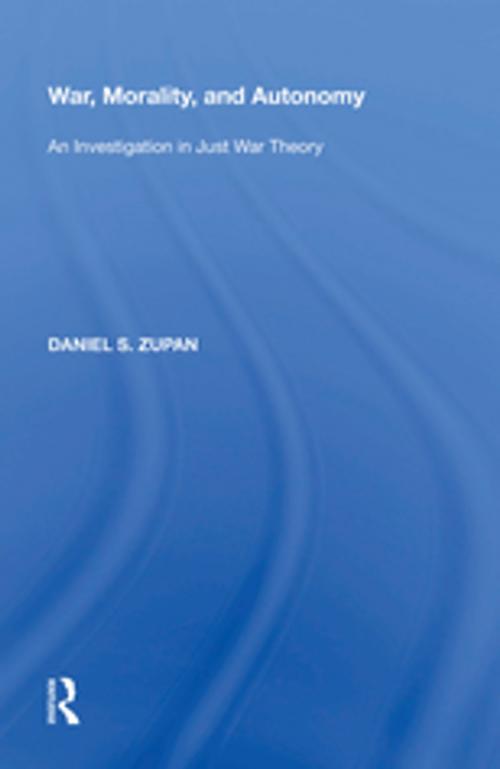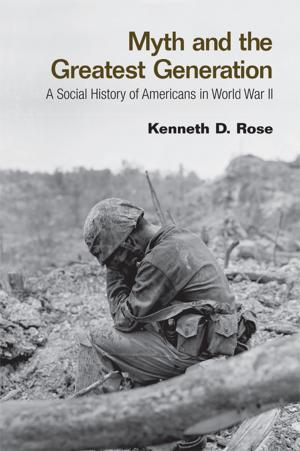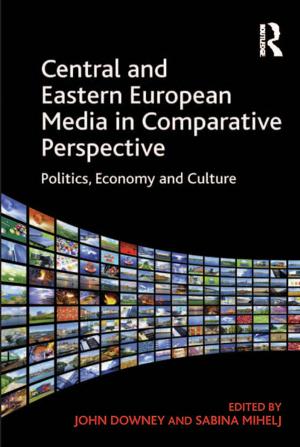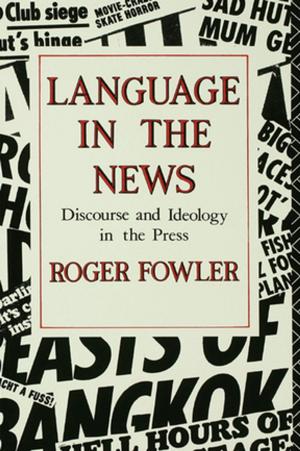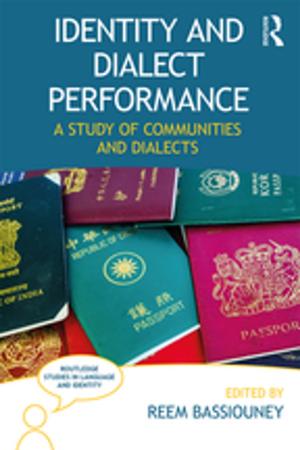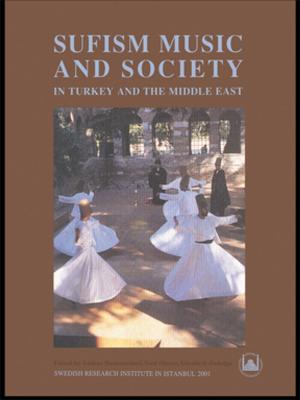War, Morality, and Autonomy
An Investigation in Just War Theory
Nonfiction, Religion & Spirituality, Philosophy| Author: | Daniel S. Zupan | ISBN: | 9781351143301 |
| Publisher: | Taylor and Francis | Publication: | November 28, 2017 |
| Imprint: | Routledge | Language: | English |
| Author: | Daniel S. Zupan |
| ISBN: | 9781351143301 |
| Publisher: | Taylor and Francis |
| Publication: | November 28, 2017 |
| Imprint: | Routledge |
| Language: | English |
Just War Theory is the governing moral doctrine for all of the major democratic militaries and indeed beyond. This book is a close study of a critical component of Just War theory, the moral status of noncombatants. In this post September 11th, 2001 time of cascading unconventional or 'dirty' wars, issues of treatment of noncombatants - whether as incidental casualties during grey area operations or as prisoners swept up by preventative security measures - have resonance across national lines. Whether or not the democracies and other states pursue their national security interests within the limits of Just War reasoning and laws, or break out of these limits in prosecuting war and security measures against terrorist organizations, is one of the top security issues of the day. Zupan examines the flaws that this complex body of moral reasoning often exhibits, arguing that many of the shortcomings of Just War theory can be resolved using Kantian methodology and the theory of autonomy. According to this conception, human beings have unconditional worth which imposes moral constraints upon the actions of other human beings. From this understanding Zupan generates principles that serve as moral guidelines for the use of force which establish a presumption against harming any human being and greatly restrict the conditions under which we may justify any unintended, collateral harm that may affect those who do not intend our harm. Considering the work of moral theorists such as Onora O'Neill, T. M. Scanlon, Michael Walzer, Paul Christopher and G. E. M. Anscombe and such issues as the Doctrine of Double Effect, autonomy and supreme emergency, Zupan concludes that if we ever are justified in targeting the innocent, it will only be under very rare conditions where the innocent themselves should accept the principle that permitted their being killed.
Just War Theory is the governing moral doctrine for all of the major democratic militaries and indeed beyond. This book is a close study of a critical component of Just War theory, the moral status of noncombatants. In this post September 11th, 2001 time of cascading unconventional or 'dirty' wars, issues of treatment of noncombatants - whether as incidental casualties during grey area operations or as prisoners swept up by preventative security measures - have resonance across national lines. Whether or not the democracies and other states pursue their national security interests within the limits of Just War reasoning and laws, or break out of these limits in prosecuting war and security measures against terrorist organizations, is one of the top security issues of the day. Zupan examines the flaws that this complex body of moral reasoning often exhibits, arguing that many of the shortcomings of Just War theory can be resolved using Kantian methodology and the theory of autonomy. According to this conception, human beings have unconditional worth which imposes moral constraints upon the actions of other human beings. From this understanding Zupan generates principles that serve as moral guidelines for the use of force which establish a presumption against harming any human being and greatly restrict the conditions under which we may justify any unintended, collateral harm that may affect those who do not intend our harm. Considering the work of moral theorists such as Onora O'Neill, T. M. Scanlon, Michael Walzer, Paul Christopher and G. E. M. Anscombe and such issues as the Doctrine of Double Effect, autonomy and supreme emergency, Zupan concludes that if we ever are justified in targeting the innocent, it will only be under very rare conditions where the innocent themselves should accept the principle that permitted their being killed.
